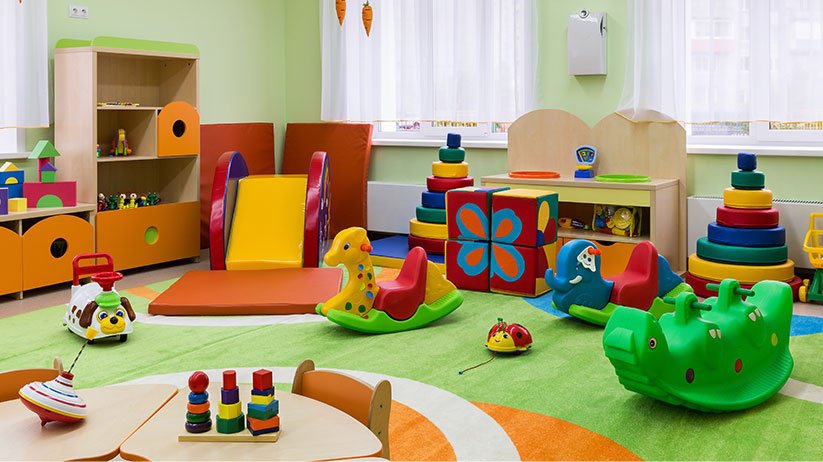The HSE has today (Wednesday 6th May) set out a long list of “flexible work patterns” on offer to essential health workers to help them balance work with childcare arrangements in the absence of schools and crèche services.
The options include shift rotation, longer work days, weekend working, split shifts, night working, and staggered start and finish times.
The new circular reiterates the HSE’s position that “there is no special paid leave available for Covid-19 caring arrangements,” but says all forms of flexible working must be considered by managers, including working from home “where possible.”
In a letter to health unions, the HSE says an essential health care worker “may have to stay at home to care for children” if none of the flexible work options are feasible. But it adds that they will be “classified as being available to work from home, and can be allocated different work or roles that can be carried out remotely.”
In such cases, line managers will be required to confirm that none of the flexible work options outlined is feasible in the individual’s circumstances.
While it is a marginal improvement, this amended HSE approach still risks reducing the number of available essential workers.
Although no agreement was made with unions on the new arrangements, consultation with Fórsa and other unions has marginally increased the wriggle-room for those who are able to avail of the flexible work arrangements.
But Fórsa’s head of health Éamonn Donnelly said the complicated new arrangement still falls far short of what’s required to balance the childcare and professional needs of essential health workers.
Fórsa’s objective has been to find a solution that enables essential health workers to do their job – in as safe an environment as possible – with proper provision for their childcare needs.
“Fórsa’s objective has been to find a solution that enables essential health workers to do their job – in as safe an environment as possible – with proper provision for their childcare needs. While it is a marginal improvement, this amended HSE approach still risks reducing the number of available essential workers.
“It also does little to assist the very many dedicated health workers who have now made expensive provision for alternative childcare arrangements in order to balance their home and professional responsibilities,” he said.
The union says the unattractive prospect of extended working days, split shifts and weekend working could also place a huge additional burden on essential health staff, who may have no option but to take them up in order to look after their children.
Éamonn said Fórsa was continuing to press for the only solution that will genuinely enable all essential staff to meet their childcare responsibilities and their professional responsibilities, without financial penalisation or intensely stressful work-life patterns.
“The solution is for the Government to either make direct childcare provision available to essential staff, or meet the additional costs incurred by individuals who make their own childcare arrangements during the period when schools and crèches remain closed,” he said.
Read the HSE’s circular HERE and the accompanying guidance letter HERE. (The two need to be read together to understand the measures on offer).

